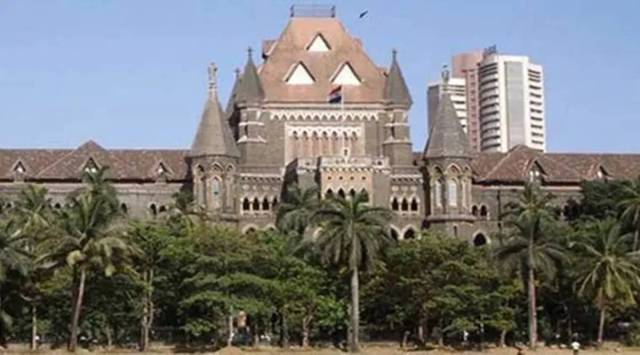More time for Maharashtra to decide on PG quota for rural-ready govt doctors
A division bench of Justices Nitin M Jamdar and Amit Borkar reiterates the need for providing tribal areas with expert doctors to address malnutrition and child mortality
 Petitioners say though a 2016 Supreme Court ruling declared such reservation illegal, a Constitution bench of the apex court had in August 2020 asked the state government to restore the in-service quota
Petitioners say though a 2016 Supreme Court ruling declared such reservation illegal, a Constitution bench of the apex court had in August 2020 asked the state government to restore the in-service quotaThe Bombay High Court has given the Maharashtra government six more weeks to resolve the differences between its health and medical education departments over instituting a quota in postgraduate medical admissions for government doctors volunteering to serve in tribal and rural areas.
A division bench of Justices Nitin M Jamdar and Amit Borkar, while hearing a plea by Dr Suryakant Tejrao Lodhe and others who wanted an in-service quota discontinued in 2017 to be restored for the 2021-2022 academic year, reiterated the need for providing tribal areas with expert doctors to address malnutrition and child mortality.
The petitioners said that though a 2016 Supreme Court ruling declared such reservation illegal, a Constitution bench of the apex court had in August 2020 asked the state government to restore the in-service quota, holding that “there is no impediment” to providing for the quota. Advocate V M Thorat, appearing for the petitioners, also submitted that the government had decided to revive the quota in a meeting on September 30, 2021.
However, Advocate General Ashutosh Kumbhakoni last month told the court that it was impracticable as the admission process for the academic year had progresses substantially. He also submitted that a September 6, 2021, communication from the medical education department had suggested that instead of a quota, 30 per cent weightage should be given to doctors pledging to work in rural areas.
When Thorat pointed out that the health department had favoured an in-service quota, not weightage, in postgraduate medical admissions, the government counsel acknowledged the differences between the two departments. “There is no final decision regarding an in-service quota, and restoration of the same is still undecided,” he told the judges.
On February 1, Kumbhakoni sought time to file an affidavit, saying that a meeting chaired by the chief secretary on January 31, 2022, decided to frame an appropriate policy with cabinet approval.
On Wednesday he submitted an affidavit recording the government’s stances on various public-interest petitions on malnutrition and healthcare in tribal areas. He also assured the court the differences would be resolved.
“Therefore, it is clear that the decision of the medical education department placed before us cannot be construed as the final decision of the state government,” the bench observed and asked the government to submit a report within six weeks about the progress in the resolution of the issue. The petition was then posted for further hearing next month.












